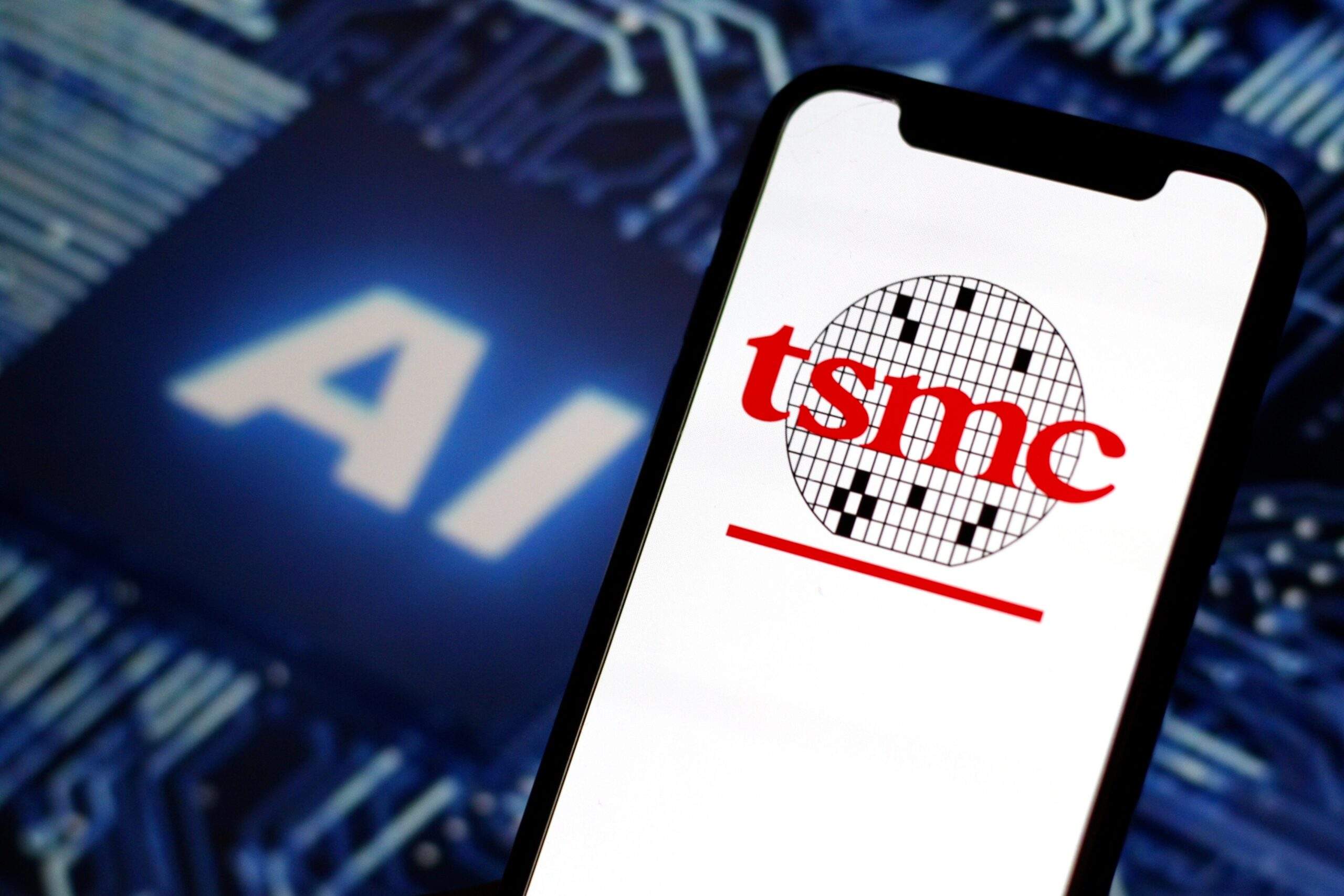Since last Monday’s stock market pullback, the S&P 500 has steadily regained its ground.
Meanwhile, the world’s leading chipmaker has roared ahead by more than 13%.
That company, Taiwan Semiconductor (NYSE: TSM), is riding high after reporting strong earnings reported just this morning. The company also announced a new $37 billion investment to upgrade equipment and develop a new semiconductor plant in Arizona.
That brings TSM’s total investment in the Arizona plant to over $65 billion, making it the single largest foreign direct investment ever made in rebuilding an American industry from the ground up.
And as far as American tech companies are concerned, this investment couldn’t have come at a better time…
A New 21st Century Arms Race
Artificial Intelligence is taking the tech world by storm. And while it’s hard to imagine exactly where this new technology might lead, one thing is already very clear.
We’re going to need massive amounts of computing power to unleash AI’s full potential.
That means we’re going to need more high-end computer chips than ever before.
Right now, almost all of our best semiconductors are manufactured in the tiny island nation of Taiwan.
I won’t get into the specific geopolitical implications of that here (though they are fascinating).
But it means we’re almost wholly reliant on a foreign nation for one of our economy’s most critical resources. And that country also happens to be under increasing pressure from its neighboring China.
We all felt that dependence during the post-Covid chip shortage. And the government committed to taking action…
The CHIPS and Science Act is the Biden Administration’s answer to our foolish dependence on foreign manufacturers — particularly in the semiconductor industry.
Signed into law on August 9, 2022, the CHIPS Act is providing more than $50 billion for American semiconductor research, development, manufacturing and workforce development. It further offers a tax credit of 25% for companies that invest in chipmaking equipment.
Already, a number of large tech companies are announcing plans to increase investment in the space.
Memory-chip maker Micron Technology Inc. (Nasdaq: MU) jumped on the opportunity with a pledged $40 billion investment in production capacity, which promises to increase the global market share of American-made memory chips from 2% to 10%.
QUALCOMM and GlobalFoundries were also quick to form a partnership that will include a $4 billion investment in the latter’s New York facility, with projections of growing total production by 50% over five years.
And now, even TSM is beginning to ramp up its stateside production…
Not All Chipmakers Are Created Equal
Building out new semiconductor fabrication facilities (“fabs” for short) in America helps reduce the risk of Chinese interference. It reduces shipping costs and time, creates American jobs and provides a whole host of benefits for both the industry and our country at large.
But just because this powerful tailwind could drive the industry higher, that does NOT mean every chipmaker is a great investment right now.
For example, take a look at the Green Zone Power Ratings for TSM:
A “Bullish” 77 out of 100 is a solid rating, especially for a business that already has a near-monopoly in its industry. There’s clearly plenty of room for TSM to keep growing if management can keep things on track.
Meanwhile, here’s how the MU rates:
13 out of 100, with negative earnings per share. That’s down substantially from a rating of 31 just 3 months ago, landing MU in our “High-Risk” category.
Each stock’s Green Zone Power Ratings are based on a combination of fundamental and technical factors. And as you can see above, MU is a bad investment on both fronts.
Even with billions in government aid pouring into the company, shares are still likely to underperform over the next 12 months.
That’s why it’s so critical to do your own research using a tool like Green Zone Power Ratings.
Because when you hear about chipmakers on CNBC or in the Wall Street Journal, they’ll often mention two competitors like these in the same breath … even though they couldn’t be more different in terms of opportunity.
The race for semiconductor dominance is going to be a critical mega trend in these early stages of the global AI boom. And that’s great news if you’re invested in the right chipmakers. Stay tuned for more updates as this trend develops.
To good profits,
Chief Investment Strategist, Money & Markets
